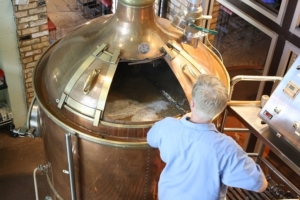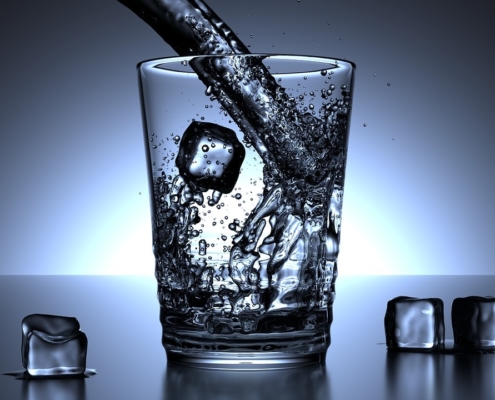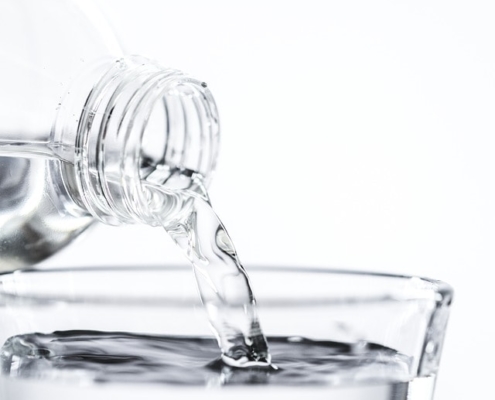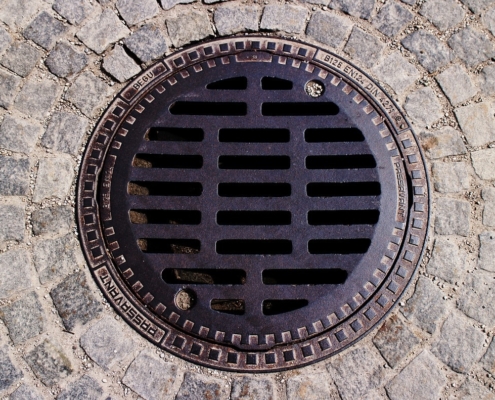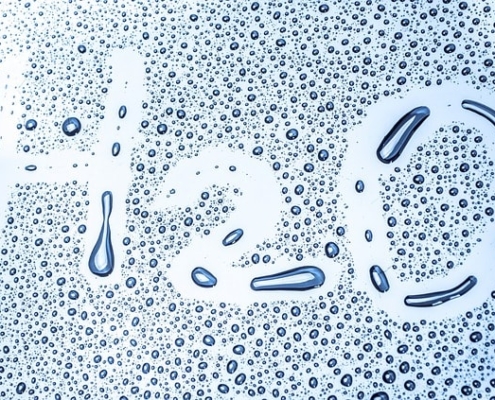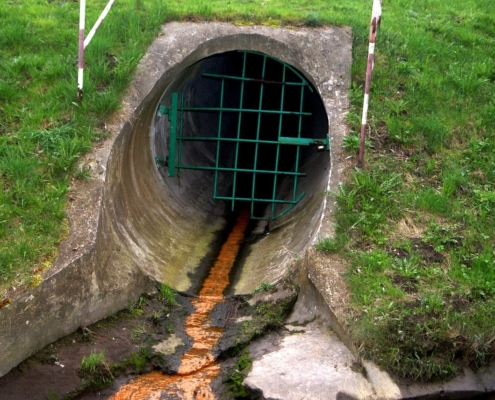 https://riefilt.de/wp-content/uploads/2019/07/channel-1692671_1280-min.jpg
856
1280
Alexander Riebe
https://riefilt.de/wp-content/uploads/2023/09/RIEFILT-Wort-und-Bildmarke-300x38.png
Alexander Riebe2019-09-22 21:42:292019-09-22 21:42:29Drinking water pollution - reasons & countermeasures
https://riefilt.de/wp-content/uploads/2019/07/channel-1692671_1280-min.jpg
856
1280
Alexander Riebe
https://riefilt.de/wp-content/uploads/2023/09/RIEFILT-Wort-und-Bildmarke-300x38.png
Alexander Riebe2019-09-22 21:42:292019-09-22 21:42:29Drinking water pollution - reasons & countermeasuresReverse osmosis & brewery – brewing water for excellent beer
The brewing water significantly influences the beer quality, therefore the water treatment in breweries is a central factor of the brewing process. The combination of reverse osmosis & brewery is thus an important factor that determines the quality of the brewing water and the final product. A look behind the scenes shows you the importance of a reverse osmosis system for a modern brewery.
High demands on brewing water
For a good beer quality, optimal brewing water is an indispensable factor; around 90 percent of a beer consists of water. Certain water qualities have in the past led some cities and regions to be associated with special types of beer. Thanks to modern research, companies today are no longer bound by local characteristics. Optimum brewing water is produced in modern plants by certain processes and the combination of reverse osmosis & brewery plays an important role. The biological and chemical nature of the water used can be explicitly adapted to individual requirements. For the treatment of water, German breweries have different options in the context of the purity law. These include, for example, disinfection (physical and chemical), sterilization (micro / ultrafiltration) and fining (filtration, flocculation, precipitation). In particular, desalination is an important aspect, here in addition to the ion exchanger usually the reverse osmosis (brewery) is used.
What is reverse osmosis?
To clarify this question, the definition of the term osmosis is necessary in advance. It is a natural process that is central to life in nature. In this case, a diffusion (concentration compensation) of molecules takes place through a semi-permeable membrane. This is permeable to water and other solvents, but not for the substances dissolved therein. In nature, this process is ubiquitous, for example, almost all metabolic processes between body cells follow the principle of osmosis. Reverse osmosis is a specific filtration process that removes contaminants from the water. The aim is thus the production of as pure as possible water. The contaminated liquid is pressed with pressure against the filter. This pressure is much higher than the naturally occurring osmotic pressure and thus reverses the osmosis. In this case, only the water molecules migrate through the filter material, while the contaminating substances can not penetrate the filter. The material used is semipermeable and has a special molecular structure with good water absorption capacity. For the reverse osmosis (brewery) there are special plants, which were designed exactly for the special requirements.
Reverse osmosis & brewery – special requirements
Water is central to the brewing process. However, it is not only used as the main ingredient of the drink, because it is also used in the production for cleaning and rinsing and cooling. Most breweries use conventional drinking water for the brewing process and use modern reverse osmosis systems to process the optimum brewing water. The drinking water contains numerous salts and minerals, which can vary considerably depending on the location and the extraction of water. The pH and water hardness are also decisive for the subsequent brewing result. Calcium (Ca2 +), magnesium (Mg2 +) and sodium (Na +) are particularly interesting for the brewing process with regard to the latter factor. For example, a higher magnesium content can lead to a bitter taste. In salt-free water, the brewing salts can be acidic and affect the pH. The exact composition of the minerals in the brewing water is largely responsible for whether this reaction is reduced or increased. These properties of brewing water are referred to as residual alkalinity. Depending on the type of beer, different requirements can be made of the brewing water. The Reverse Osmosis & Brewery combination is indispensable for optimum beer quality and has developed into an inseparable unit today.
Modern plants for reverse osmosis & brewery
On the basis of the water analysis and the determined values as well as the requirements for the desired beer style the breweries make exactly coordinated water treatments. In addition to the reverse osmosis (brewery), there are often other options that can vary depending on the beer style and company. Industrial reverse osmosis systems for breweries are available in different versions and sizes, depending on the model, they can offer a performance of up to 2,000 liters per hour. In addition to the treatment of brewing water, the reverse osmosis (brewery) can also be used for the production of non-alcoholic beer. If you prefer this variant, like most consumers probably put great emphasis on the most authentic beer taste. Some manufacturers use reverse osmosis and withdraw the contained alcohol from conventional beer. Water and alcohol are pressed through the membrane, while the sensorially relevant ingredients remain in front of the membrane. Subsequently, the removed liquid is replaced by water (without alcohol) until the legal limit of maximum 0.5% by volume is ensured. However, many breweries treasure the exact process for producing non-alcoholic beer like a treasure, so the exact preparation is usually a well-kept secret. Reverse osmosis (brewery) offers companies a wide range of options and primarily guarantees optimum brewing water quality.
Service
Read more about our services.
Our B2B Shop
Visit our B2B Shop for filter equiptment
Contact
Get in touch.

